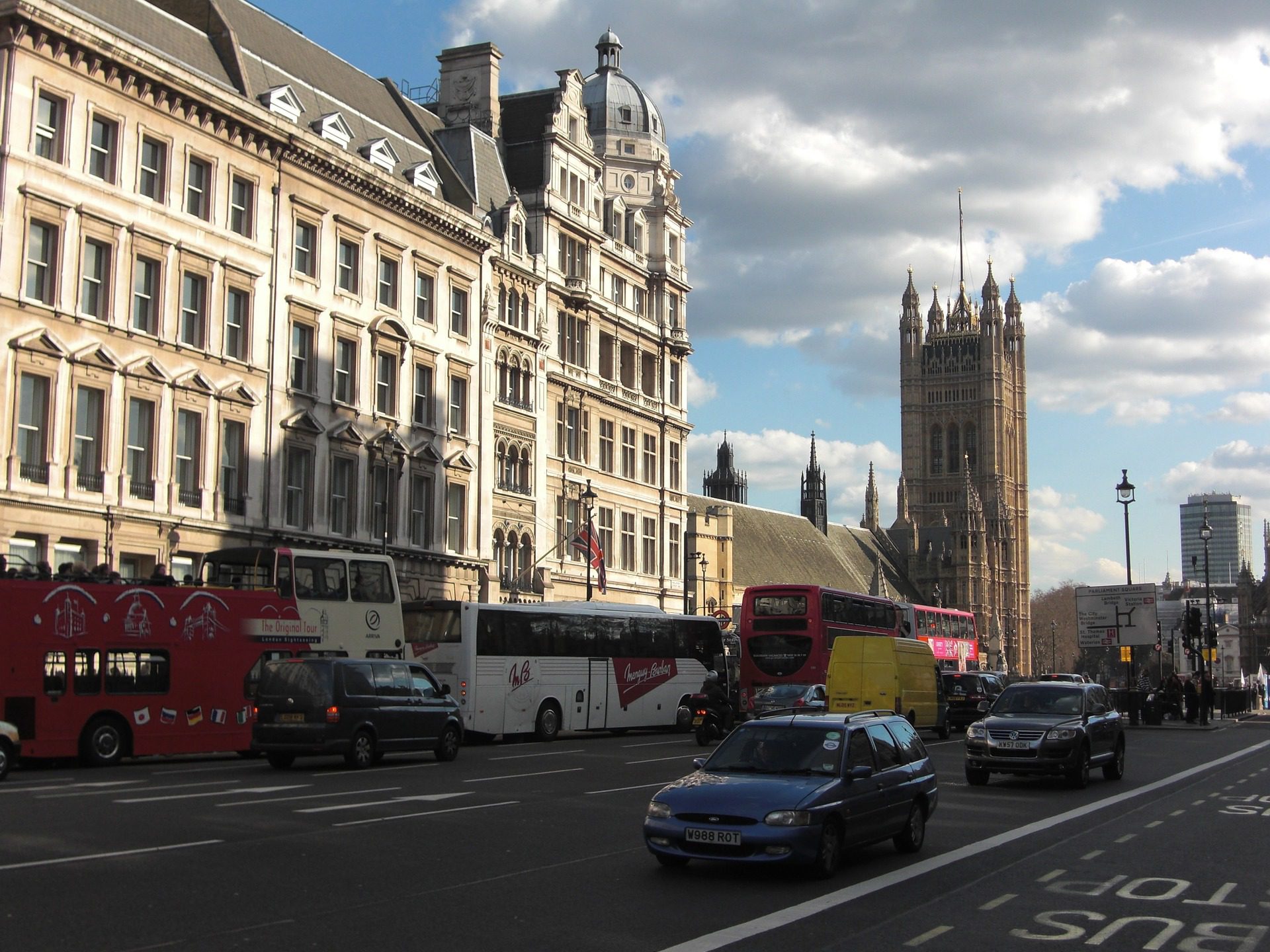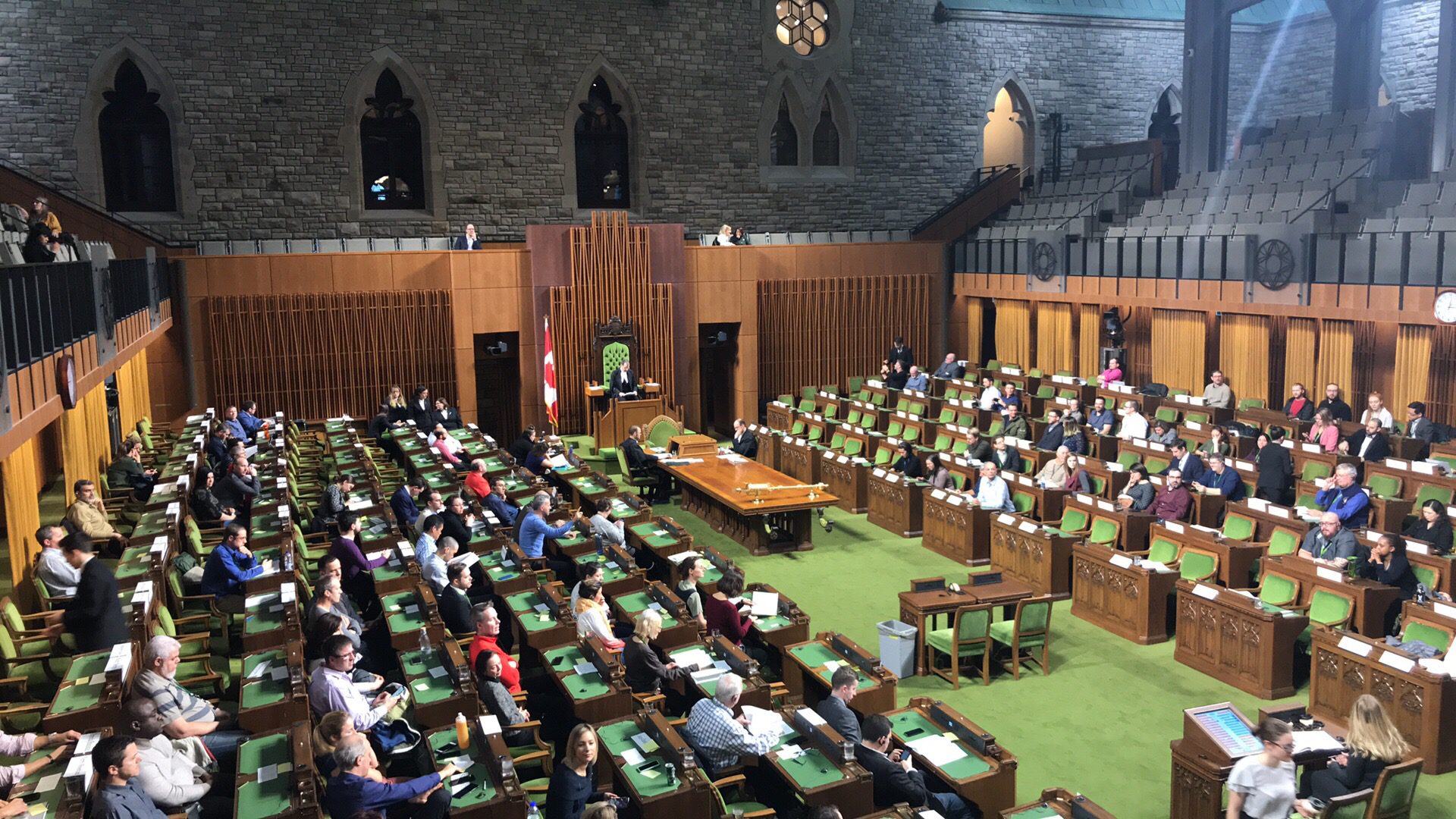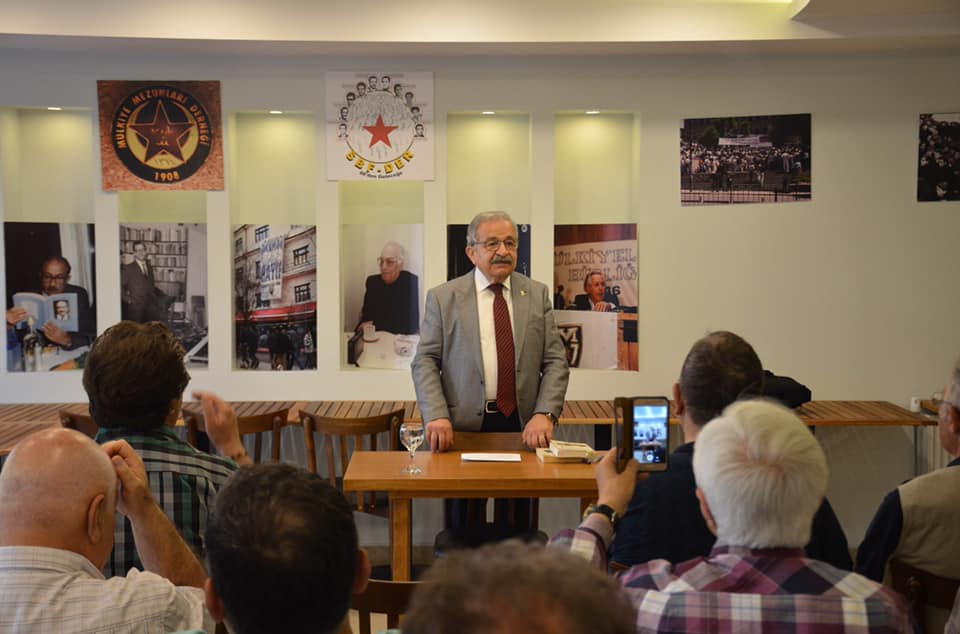In the midst of the Ukraine-Russia War, a few leaders have made questionable statements to take advantage of the chaotic situation and push for their selfish agendas!
As soon as Pres. Recep Tayyip Erdogan learned that the Ukrainian government had asked for “immediate accession” to the European Union (EU), he made the same request for Turkey.
Erdogan hypocritically said: “We appreciate the efforts to get Ukraine EU membership. But I ask the EU members, why does Turkey’s membership in the EU worry you?” He called on the EU to show the Turkish request the “same sensitivity” as that of Ukraine and arrogantly slammed EU member states for being “not sincere.” Erdogan flippantly asked: “Will you put Turkey on your agenda when someone attacks (us) too?” He then complained: “Why don’t you give the military equipment needed by Turkey?” What for? To attack and kill more people and occupy more countries?
Turkey applied to join the EU back in 1987 and was officially recognized as a candidate for membership in 1999, but its accession talks, which started in 2005, were stalled due to objections from the Cypriot government due to Turkey’s occupation of Northern Cyprus in 1974. Germany and France also opposed Turkey’s EU membership.
Even in the case of Ukraine, despite the current sympathy for that country, it would take a long time to complete the negotiations with the EU and make the necessary economic and political improvements to fulfill the criteria for joining the EU.
Turkey’s EU membership, on the other hand, is farther away, if ever. Turkey does not comply with most EU criteria for membership. It has had several military coup d’états and attempted coups, in addition to its anti-democratic regime which in fact is a dictatorship. Turkey has violated just about every human rights law, including the wholesale jailing of journalists, shutting down the free press, supporting Islamist terrorists, massacring Kurds, desecrating Christian churches, occupying Northern Cyprus, intervening militarily in Syria, Northern Iraq and Libya, aiding Azerbaijan to occupy Artsakh, and refusing to carry out the rulings of the European Court of Human Rights.
To qualify for EU membership, Turkey first has to overhaul its entire constitution and laws to become a democratic country, release tens of thousands of jailed innocent citizens, stop supporting terrorists, adopt and implement European standards for human rights, restore minority rights, withdraw from Northern Cyprus, acknowledge the Armenian Genocide and make restitution for Armenian losses.
When Erdogan sheepishly asked if Turkey would also be considered for EU membership “when someone attacks us too,” in reality no one has attacked Turkey, but Turkey has attacked plenty of other countries.
Regrettably, the tragic suffering of the Ukrainian people during the Russian war is not a unique phenomenon. There have been countless such brutal wars and mass murders throughout history. One should not forget the Armenian Genocide perpetrated by the Ottoman Empire 1915-23, resulting in the deaths of 1.5 million Armenians; the invasion and occupation of Northern Cyprus by Turkey in 1974 which is still continuing; the Turkish incursion into Northern Syria; and the war on Artsakh by Azerbaijan and Turkey in 2020, committing barbaric war crimes during which the world remained silent when hospitals, schools, civilian apartments were bombed, children and women butchered, There were no sanctions against Turkey or Azerbaijan, no around the clock media coverage of the atrocities, and no military or economic assistance to Armenia and Artsakh.
Let us now move to two unexpected statements by Turkish political leaders. Mustafa Destici, head of the Turkish nationalist Great Unity Party and an ally of Erdogan’s government, warned that after Ukraine, Russia will target Kars and Ardahan, two cities in Western Armenia occupied by Turkey. “If you see Russia on our borders later, do not be surprised,” said the Turkish party leader.
Similarly, the Chair of the opposition Turkish IYI Party Meral Akshener chimed in: “Who can claim that Turkey is safe? Who can say that the missing pieces in Putin’s mind are not Kars, Ardahan and Erzurum [Garin]?”
These are obviously bombastic statements. Russia has no such intentions. On the contrary, Russia is trying to woo Turkey away from NATO. Nevertheless, these two statements have one important benefit to the Armenian side: They remind the Turkish population that Kars, Ardahan and Erzurum (Garin) are contested cities that do not belong to Turkey. They are a part of Western Armenia.
Finally, here is an interesting statement Russia’s Foreign Minister Sergei Lavrov made to the UN Human Rights Council earlier this month: “The principle of respect for territorial integrity applies only to states whose governments represent the entire people living on their territory.”
Even though Lavrov was referring to the 1970 UN declaration to justify Russia’s invasion of Ukraine, he must have forgotten that the principle he quoted applies to Armenians of Artsakh. Lavrov claimed that the Ukrainian government does not represent all of the people living on the territory of the Ukrainian state. If that’s what Lavrov believes, Russia must acknowledge that the government of Azerbaijan does not represent Armenians living on the territory of Artsakh. Therefore, Russia should declare that it supports the self-determination of the Republic of Artsakh!




